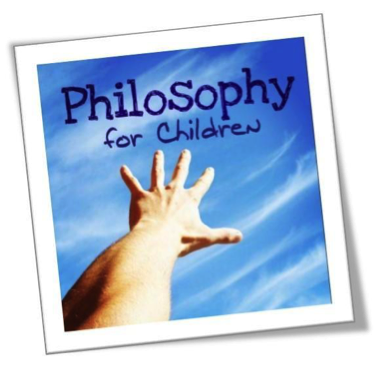Philosophy for Children (P4C)Every Thursday, all of our children take part in a P4C assembly within their class.
P4C is also an intergral part of our PSHE and Safeguarding Curriculum. Our Rules:
|
What is Philosophy for Children?
Benefits for Children
- An enquiry based approach to open up children’s learning through the exploration of ideas.
- Gives children the possibility of seeing that their ideas have value, and that others have different ideas that have value too.
- They realise that they don’t always have to be right.
- They have the confidence to ask questions and learn through discussion.
- All learners (including teachers) have opportunities to genuinely enquire.
- A chance to speak and be heard without fear of getting an answer wrong.
- Intelligence grows.
- Gives children who are not considered “academic” a voice and a chance to flourish.
- Gives children a chance to think outside the box and to see that other children have inspiring ideas.
- Gives all children value.
What does a session entail?
- A structured session.
- Starts with a stimulus.
- Children are encouraged to draw on their imagination to ask a question based on wonderment (I wonder why…?).
- Children make a collective decision on the question they are most interested in.
- The discussion starts but is then not contained. It follows its own path guided by the children’s thoughts and ideas, agreeing and disagreeing, but always giving a reason for their point of view.
Outcomes for children
- To value their views and the views of others.
- Not taking things personally.
- To learn respect and negotiation.
- To learn not to be fearful.
- To learn to think before they speak and give reasons for what they say.
Other outcomes – beyond Philosophy for Children
- Lots of ideas for creative writing.
- Impact on other areas of the curriculum.
- Creates an enquiring classroom in all areas of the curriculum.
- Affects personal skills, and behaviour in the playground.
- Develops skills necessary for positions of responsibility (school council, peer listeners, Junior Leadership Team etc).
- Listening and reasoning skills.
- Independence.


